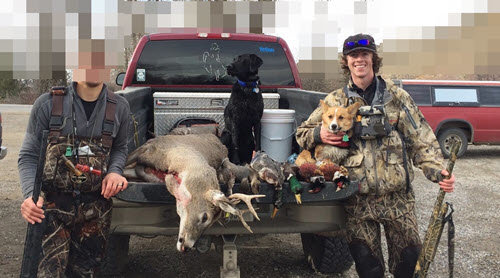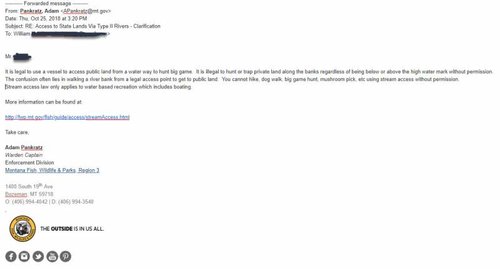mdunc8
Well-known member
I just had a lengthy discussion with the Region 7 captain. He also said no.
Keep in mind that a sheriff or district attorney might have a different opinion than a warden especially if you show up with six plates like I’ll be sporting out east in a few weeks.
Keep in mind that a sheriff or district attorney might have a different opinion than a warden especially if you show up with six plates like I’ll be sporting out east in a few weeks.







